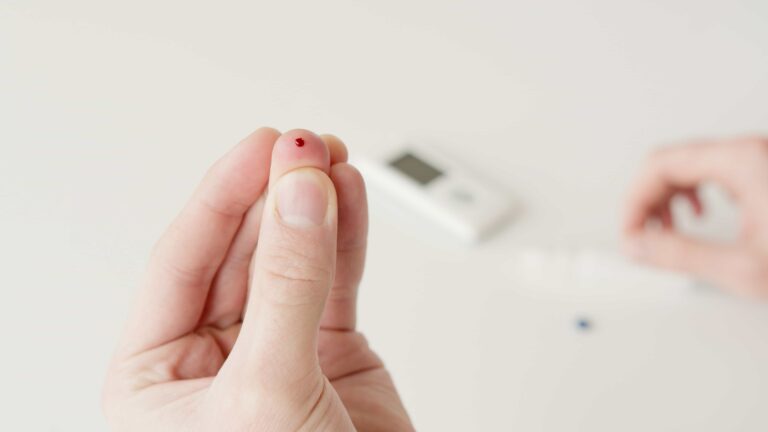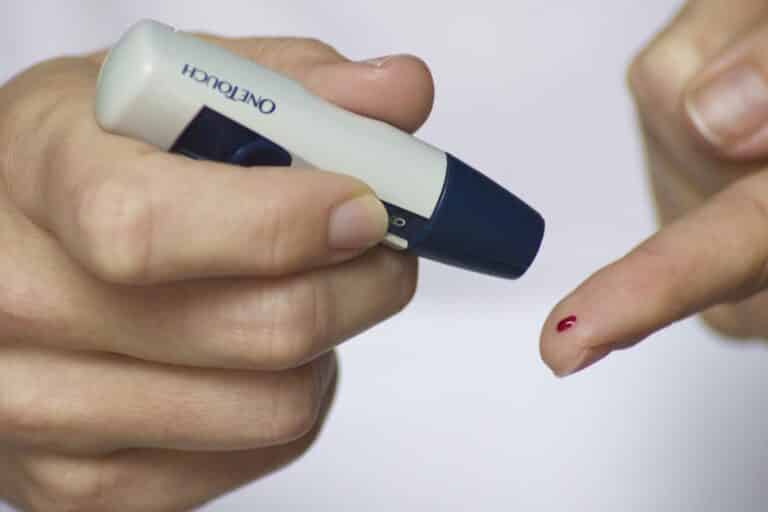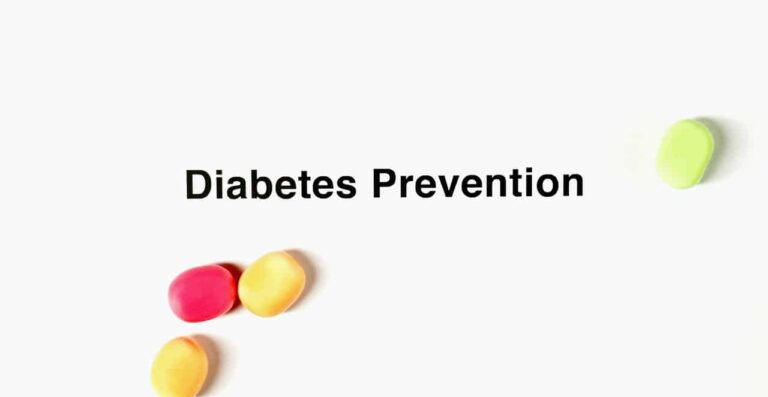Managing High Morning Blood Sugar: 5 Effective Strategies
High morning blood sugar levels can be a common concern for individuals with diabetes, posing potential health risks and disrupting…

High morning blood sugar levels can be a common concern for individuals with diabetes, posing potential health risks and disrupting…

Diabetes is a life-threatening illness. Adhering to your diabetes treatment plan requires 24-hour dedication. However, your efforts are commendable. Consistent…

Prediabetes is the last thing you want for your child. If you’ve recently got a diagnosis, you’re probably worried. Fortunately,…

Diabetes is a long-term illness that can cause major complications such as damage to the eyes, kidneys, and nerves. Maintaining…

Diabetes is spreading worldwide at high rates. 7 out of 10 people are diabetic patients with either type 1 or…

Diabetes is a metabolic disorder having significant enhancement of blood glucose level or hyperglycemic condition. Diabetes is a chronic untreatable…

People with diabetes and the healthcare providers who work with them consistently handle sharp objects associated with checking blood sugar…

Millions of people have been affected by type 2 diabetes which is concerning. Diabetes is common in people, and it…

Health has always been a matter of concern for most people. However, we do not give enough emphasis to it…